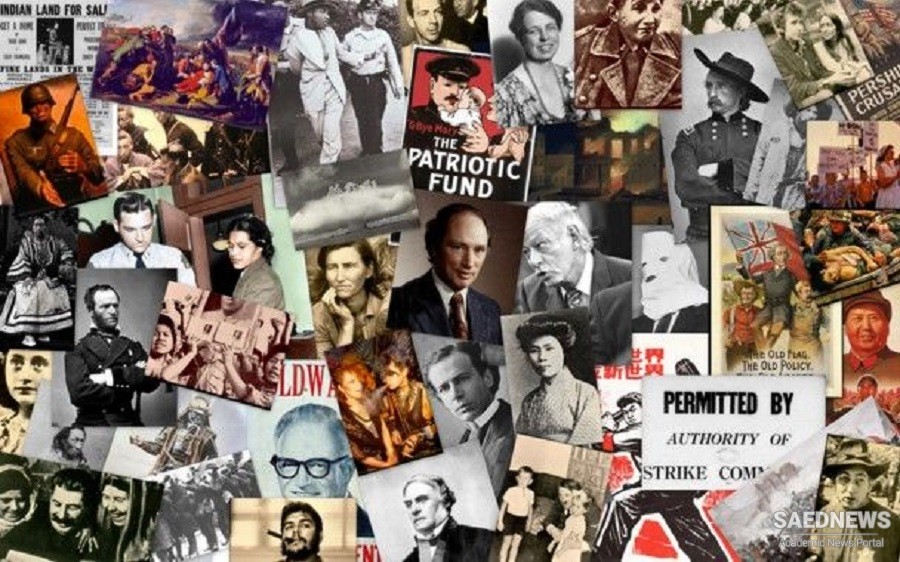Historical epochs do not coincide strictly with centuries. The French Revolution in 1789, not the year 1800, marked the beginning of a new historical era. The beginning of the twentieth century, too, is better dated to 1871, when Germany became unified, or the 1890s, when international instability became manifest in Europe and Asia and a new era of imperial rivalry, which the Germans called Weltpolitik, began. On the European continent Germany had become by far the most powerful military nation and was rapidly advancing industrially. In eastern Asia during the 1890s a modernised Japan waged its first successful war of aggression against China. In the Americas the foundations were laid for the emergence of the US as a superpower later in the century. The US no longer felt secure in isolation. Africa was finally partitioned between the European powers. These were some of the portents indicating the great changes to come. There were many more. Modernisation was creating new industrial and political conflict and dividing society. The state was becoming more centralised, its bureaucracy grew and achieved control to an increasing degree over the lives of the individual. Social tensions were weakening the tsarist Russian Empire and during the first decade of the twentieth century Russia was defeated by Japan. The British Empire was at bay and Britain was seeking support, not certain which way to turn. Fierce nationalism, the build-up of vast armies and navies, and unquestioned patriotism that regarded war as an opportunity to prove manhood rather than as a catastrophe, characterised the mood as the new century began. Boys played with their tin soldiers and adults dressed up in the finery of uniforms. The rat-infested mud of the trenches and machine guns mowing down tens of thousands of young men as yet lay beyond the imagination. Soldiering was still glorious, chivalrous and glamorous. But the early twentieth century also held the promise of a better and more civilised life in the future.


 Islamic Constitution and Powers of Supreme Leader of Islamic Revolution
Islamic Constitution and Powers of Supreme Leader of Islamic Revolution














































